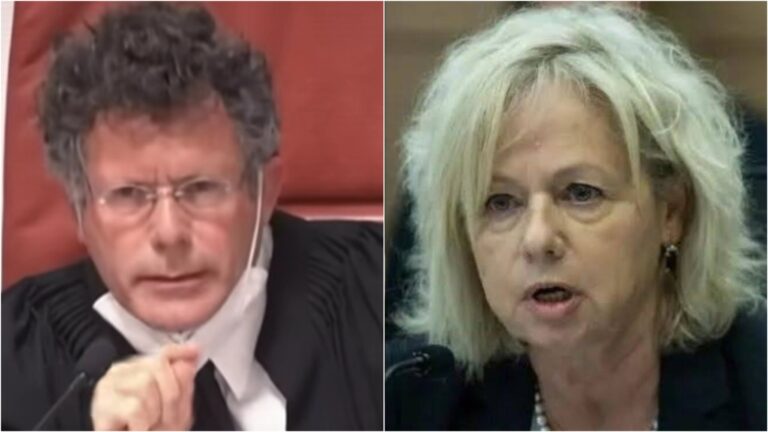A British judge on Monday rejected the United States’ request to extradite WikiLeaks founder Julian Assange to face espionage charges, saying he was likely to kill himself if held under harsh U.S. prison conditions.
District Judge Vanessa Baraitser ruled that extradition would be “oppressive” because of Assange’s mental health.
She said Assange was “a depressed and sometimes despairing man” who had the “intellect and determination” to circumvent any suicide prevention measures taken by prison authorities.
The U.S. government said it would appeal the decision. Assange’s lawyers plan to ask for his release from a London prison where he has been held for more than a year-and-a-half.
U.S. prosecutors have indicted Assange on 17 espionage charges and one charge of computer misuse over WikiLeaks’ publication of leaked military and diplomatic documents a decade ago. The charges carry a maximum sentence of 175 years in prison.
Lawyers for the 49-year-old Australian argue that he was acting as a journalist and is entitled to First Amendment protections of freedom of speech for publishing leaked documents that exposed U.S. military wrongdoing in Iraq and Afghanistan.
The judge, however, said Assange’s actions, if proven, would “amount to offenses in this jurisdiction that would not be protected by his right to freedom of speech.”
But she said Assange suffered from moderate to severe clinical depression that would be exacerbated by the isolation he would likely face in U.S. prison.
The defense argued during a three-week hearing in the fall that extradition threatens Assange’s human rights because he risks “a grossly disproportionate sentence” and detention in “draconian and inhumane conditions” that would exacerbate his severe depression and other mental health problems.
Lawyers for the U.S. government deny that Assange is being prosecuted merely for publishing the leaked documents, saying the case “is in large part based upon his unlawful involvement” in the theft of the diplomatic cables and military files by U.S. Army intelligence analyst Chelsea Manning.
The prosecution of Assange has been condemned by journalists and human rights groups, who say it undermines free speech around the world.
“The mere fact that this case has made it to court, let alone gone on this long, is a historic, large-scale attack on freedom of speech,” said WikiLeaks spokesman Kristinn Hrafnsson. “This is a fight that affects each and every person’s right to know and is being fought collectively.”
Assange’s legal troubles began in 2010, when he was arrested in London at the request of Sweden, which wanted to question him about allegations of assault made by two women. In 2012, to avoid being sent to Sweden, Assange sought refuge inside the Ecuadorian Embassy, where he was beyond the reach of U.K. and Swedish authorities — but also effectively a prisoner, unable to leave the tiny diplomatic mission in London’s tony Knightsbridge area.
The relationship between Assange and his hosts eventually soured, and he was evicted from the embassy in April 2019. British police immediately arrested him for jumping bail in 2012.
Sweden dropped the assault investigations in November 2019 because so much time had elapsed, but Assange remains in London’s high-security Belmarsh Prison, brought to court in a prison van throughout his extradition hearing.
(AP)












One Response
This judge was so correct & smart:- Put Assange on the very next flight to his native habitat Australia, and be rid of him and this entire mess as quickly as possible.